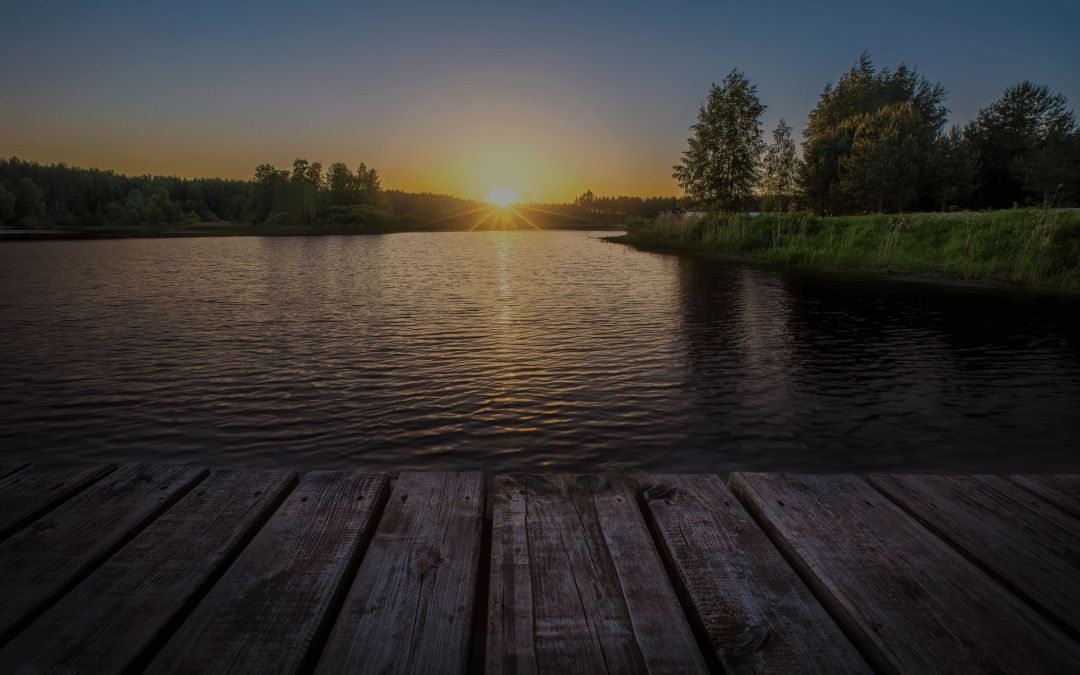After a long, hard climb up a mountain a group of seekers found themselves in front of a great teacher.
‘How do we become wise?’ they ask.
‘Good choices’, replies the teacher
‘But how do we make good choices?’
‘From experience’
‘And how do we get experience?’
‘Bad choices’ smiled the teacher.
We do not learn from experience, we learn when we reflect upon experience. Many traditions, from Judaism to Stoicism recommend reviewing the day past, each evening. We reflect on our behaviour, thoughts, feelings and motivations. We might pick one or two things that stood out from the day to focus on. Our inquiry might move along these lines:
In what did I invest my time and energy?
What qualities and values did I embody?
What was my motivation in each encounter?
What was the quality of my attention and my discernment?
Is the way that I lived today aligned the deepest intentions and highest aspirations I hold for my life?
What did I learn about myself? About life?
Self-examination should not be self-recrimination. The inquiry should always be motivated by the creative desire to learn and grow, to understand, rather than judge or condemn. This understanding paves the way for the opening of future possibilities: What would I have done differently if I were to live this day again? What alternative (wiser) choices might I make in the future?

